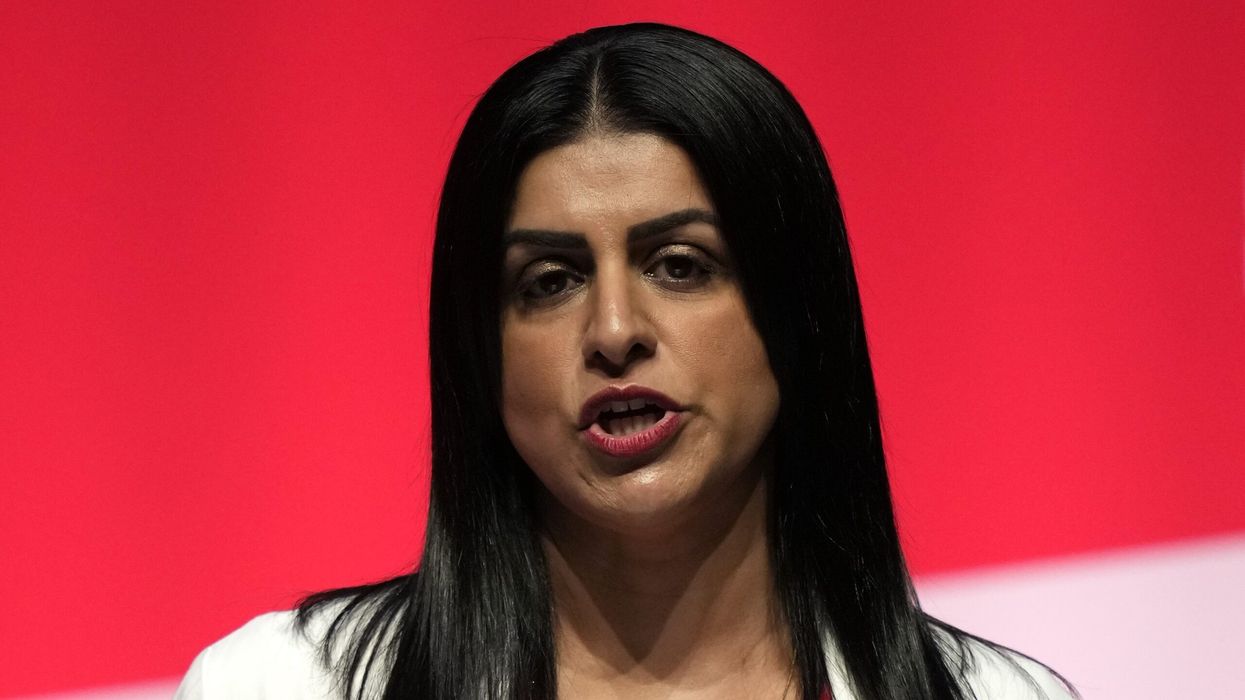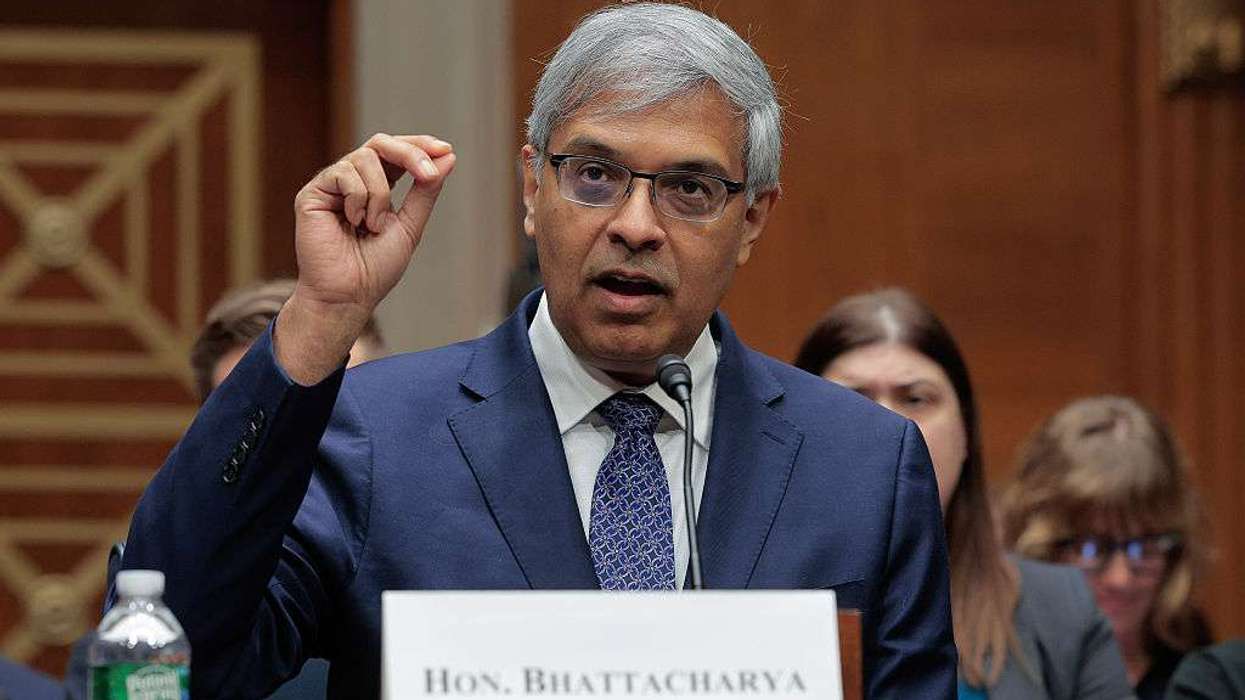THOUSANDS of criminals, including domestic abusers and sexual offenders recalled to prison for breaching licence conditions, will be released after 28 days under new emergency measures to manage the prison capacity crisis.
Justice secretary Shabana Mahmood said at a Downing Street press conference that the changes were necessary as male prisons in England and Wales are expected to run out of space by November. “That would lead to a total breakdown of law and order,” she said.
The policy applies to offenders originally sentenced to between one and four years. Terrorists and those assessed by the police, prison and probation services as high risk or those who have committed serious further offences will be excluded, The Times reported.
Mahmood said the change “buys us the time we need to introduce the sentencing that — alongside our record prison building plans — will end the crisis in our prisons for good.”
According to The Times, the number of prison spaces has dropped below 500, with jails operating at 99 per cent capacity. The Ministry of Justice said those being recalled for minor infractions, such as missing appointments or failing to notify changes in circumstances, are clogging up the system. Currently, 13,583 people — 15 per cent of the prison population — are in jail after recall, up from 100 in 1993.
Victims commissioner Baroness Newlove told The Times: “Victims will understandably feel unnerved and bewildered… reducing time served on recall can only place victims and the wider public at an unnecessary risk of harm.”
Domestic abuse commissioner Dame Nicole Jacobs said: “You are not sent to prison for four years if you do not pose significant danger… Re-releasing them back into the community after 28 days is simply unacceptable.”
Shadow justice secretary Robert Jenrick said Labour was “siding with criminals over the public” and should instead focus on the 17,000 people on remand and deporting the 10,350 foreign criminals in UK prisons.
Amy Rees, interim permanent secretary at the Ministry of Justice, said failure to enact the measures would be “intolerable” and could force courts to release dangerous offenders on bail due to lack of space.
The policy is expected to create 1,400 places and remain in place until the government’s wider sentencing reforms begin next spring. Construction on three new prisons will begin this year, adding 5,000 places, but the government still faces a projected shortfall of 9,500 by 2028.





